Electric Freight Consortium
PROGRAM OVERVIEW
The Electric Freight Consortium (EFC) is a forum for collaboration between the Electrification Coalition (EC) and private-sector partners (shippers, carriers, retailers, and EV supply chain companies) that facilitates peer-to-peer collaboration on strategies and actions that will accelerate freight electrification at scale. The EFC serves as an exclusive space for partners while leveraging the EC’s direct experience in policy action and real-world EV deployment.
Consortium Goals
The EFC brings together leaders in the freight sector to pursue the following goals:
- Develop policy priorities and activate policy advocacy to address challenges, overcome barriers, and accelerate freight electrification at scale.
- Identify common barriers that shippers and carriers face and discover new solutions to catalyze market expansion. Identify and work to support expanded funding and financing opportunities that can help fleets reduce freight electrification costs and pursue deployment projects.
- Share lessons learned from freight electrification pilots and proof-of-concept projects and aggregate them to develop and establish best practices and guidance resources.
- Facilitate relationships and collaboration among industry leaders implementing freight electrification.

EFC Partners


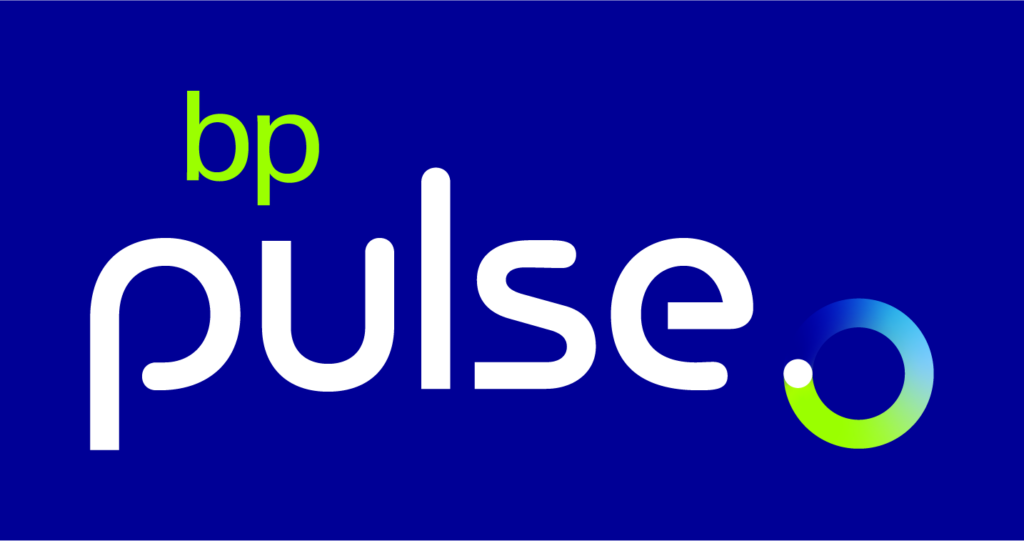




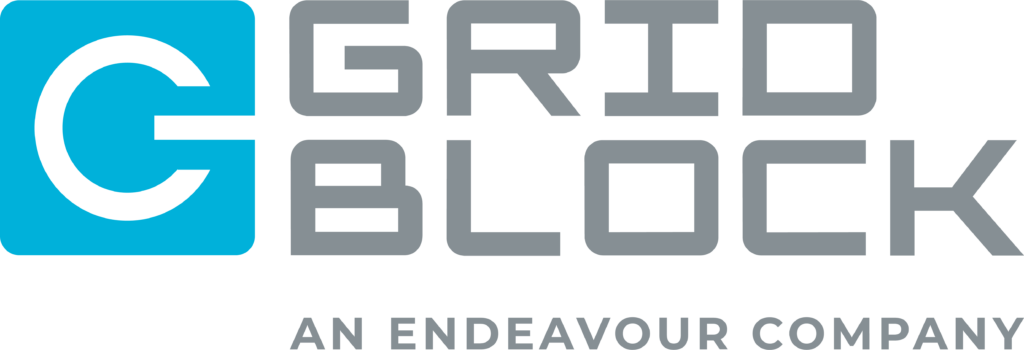







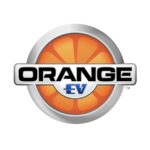

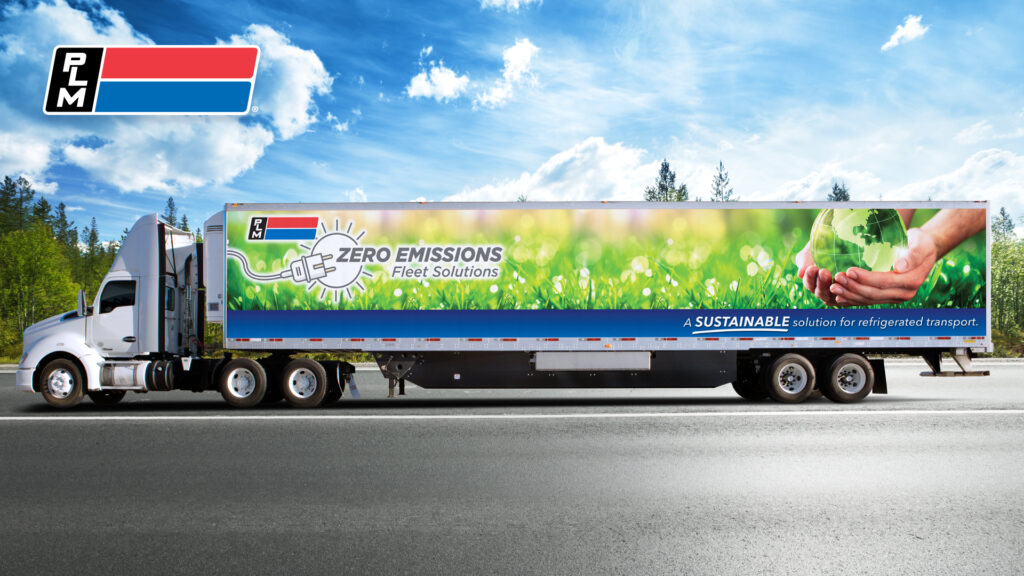


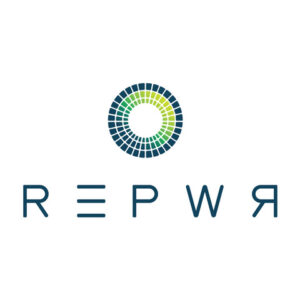

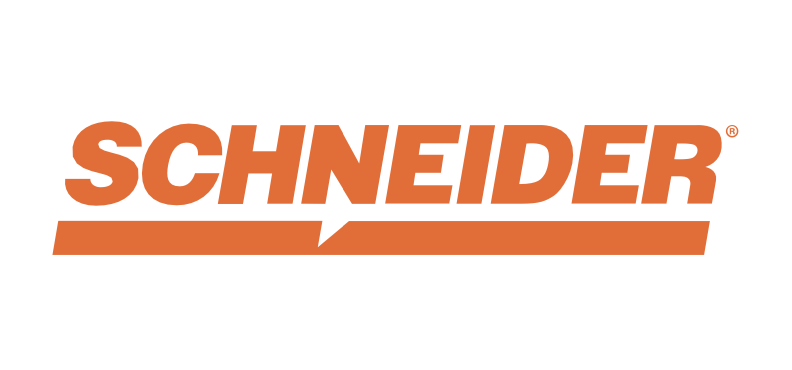
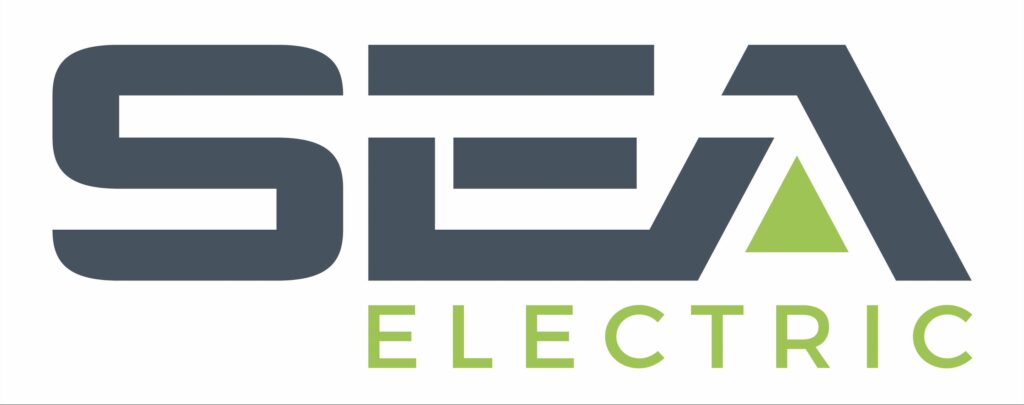
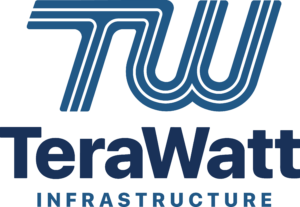




The Case for Electrification
America’s overwhelming reliance on petroleum-based fuels for transportation has created substantial energy security and economic vulnerabilities. Petroleum-fueled vehicles are also major sources of greenhouse gas emissions and air pollutants that threaten public health, particularly in low-income and disadvantaged communities.
A growing number of freight applications are realizing lower total cost of ownership by using EVs instead of the conventional diesel counterparts. Additional benefits of the electrification of freight operations include reduction in dependency on oil, lower and more predictable fuel costs, mitigation of harmful tailpipe emissions, and improvements in air quality in historically disadvantaged communities.
Why Freight is Needed

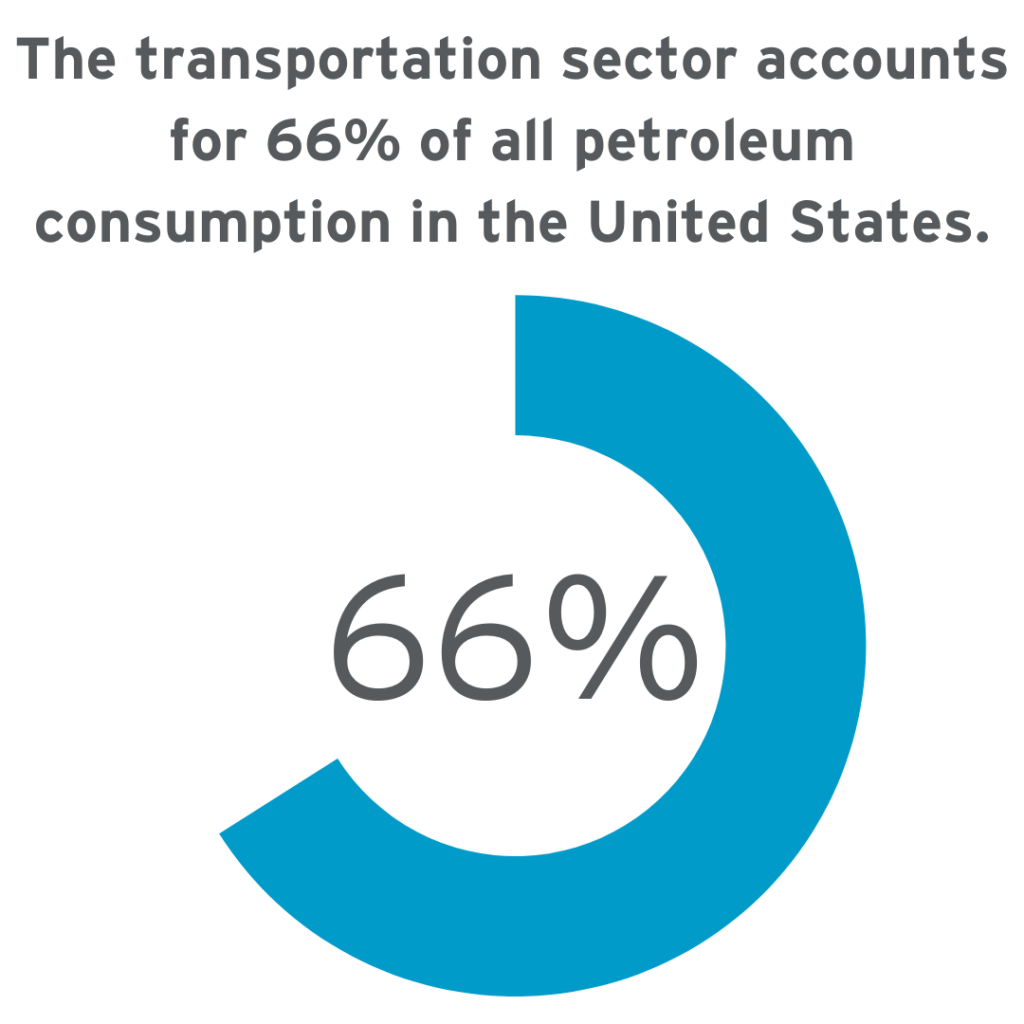


Structure of the Electric Freight Consortium
The EFC will be following the Chatham House Rule in order to increase the openness of discussion. Under Chatham House Rule, all members are free to use information learned from EFC meetings but are not allowed to disclose who made any particular comment. Additional core components of the EFC structure include:
- Quarterly meetings with all EFC members to share challenges, best practices, and lessons learned. Meeting dates are TBD.
- Monthly working group meetings to foster a highly focused approach to specialized topics. Topics include Public Utilities, Technology Developments, as well as topics developed based on member interests.
- Quarterly and monthly working group meetings are invite only.
Terms of Membership
The EFC will have no cost of membership and no membership forms to allow for a simple and straightforward application process for members. Additionally, there is no requirement for senior management.
The Electric Freight Consortium is seeking private sector partners such as shippers, carriers, retailers, and EV and electric vehicle supply equipment manufacturers. See contacts below to schedule a meeting to discuss your organization’s partnership with the EFC.
How to Join Us
The Electric Freight Consortium is seeking private sector partners such as shippers, carriers, retailers, and EV and electric vehicle supply equipment manufacturers. Email wmarshall@electrificationcoalition.org for more information, to join the EFC mailing list, or to inquire about joining the EFC.
Connect with us! Follow the Electric Freight Consortium on LinkedIn.
